With more iPhone configurations available than ever, customers can enter Apple's ecosystem at any price point — which has led to over 2 billion iPhones sold.
While Apple only sells a handful of iPhone models new, the used market is flooded with older devices. This creates a wide variety of choice for the consumer from the $1,600 1TB iPhone 13 Pro Max to a used iPhone 11 purchased for near nothing after trade-in.
A report from Horace Dediu at Asymco says there is over 1 billion active iPhone users, with about 60% market share in the United States. Thanks to a high switch rate from Android and a low switch rate away from Apple, that number continues to grow. For example, over 14% of US citizens surveyed switched to the iPhone within the last two years.
Apple reached 2 billion iPhones sold thanks to a combination of two factors — high demand for features found in new iPhones and increasing value in carrier incentives. In addition, trade-in values of older iPhones are as high as $1,000, pushing many to upgrade who may have hesitated before.
With customers able to trade in old iPhones in favor of new ones, Apple can increase its total number of iPhones sold. The secondary effect of a good trade-in program is the wide availability of used iPhones, which leads to a lower entry point for Android switchers.
Price isn't everything for those considering a new device, but Apple has that covered too. Seemingly, Apple has been able to offer new features that spark customer interest without constantly chasing what Dediu calls the "faster horse" dilemma. Each new iPhone upgrade, like cinematic mode and better cameras, offers a real incentive for users to upgrade to the newer model.
With all of these factors in mind, it is easy to see why Apple not only sold over 2 billion iPhones it is also gaining market share in key markets. The iPhone 13 lineup ships on September 24 with a new set of features to drive more customer demand.
 Wesley Hilliard
Wesley Hilliard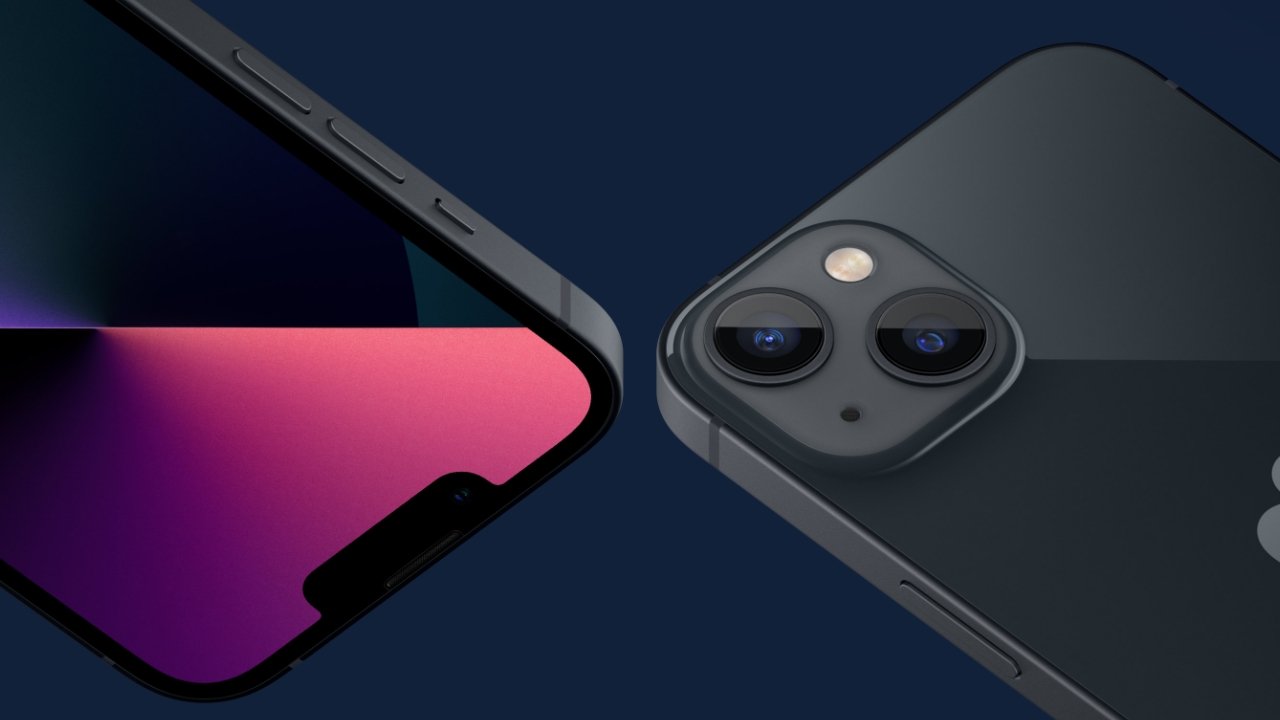
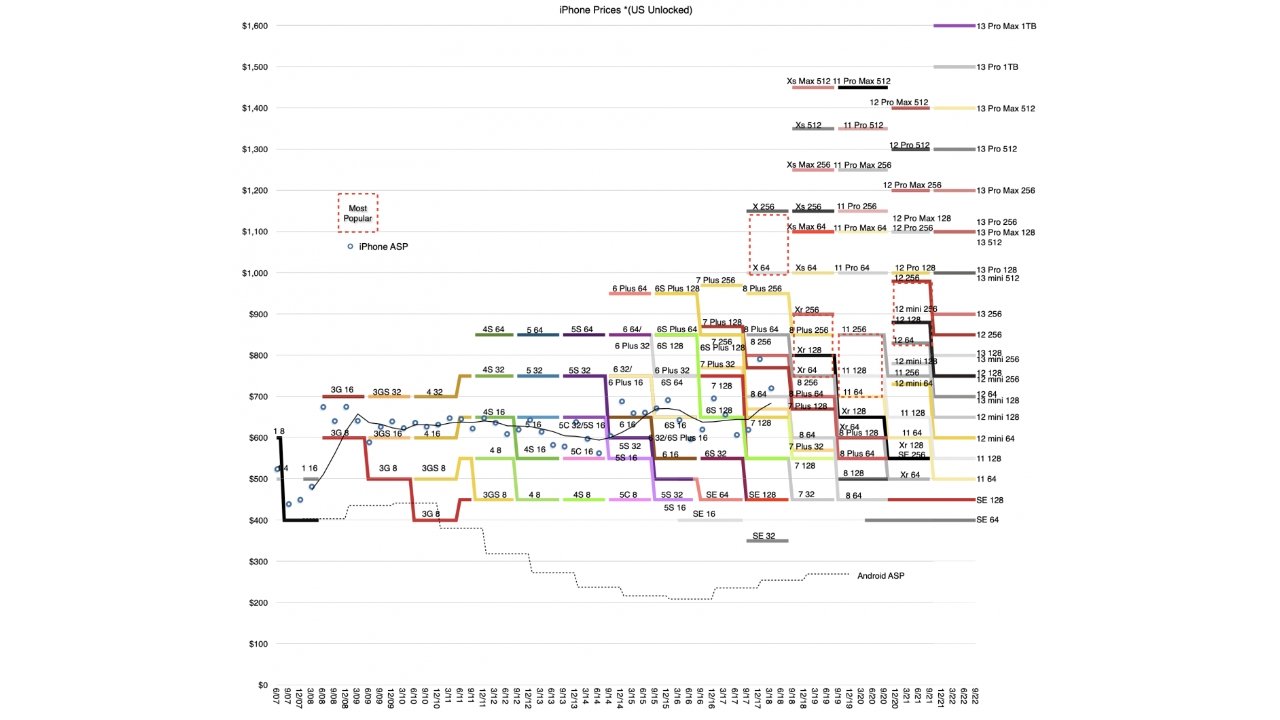
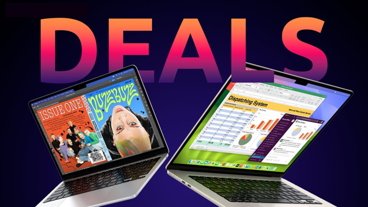
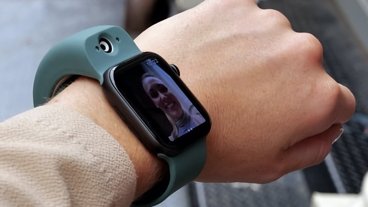
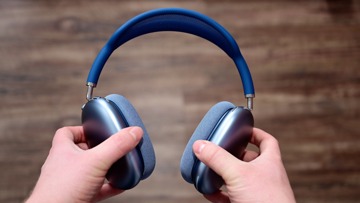
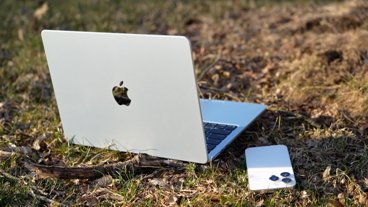
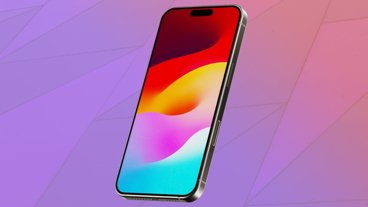


-m.jpg)





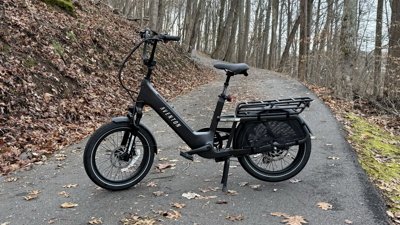
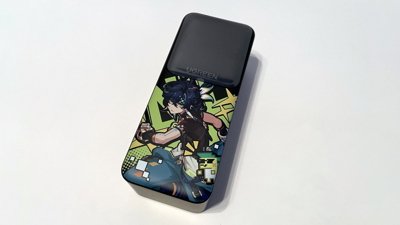
 Brian Patterson
Brian Patterson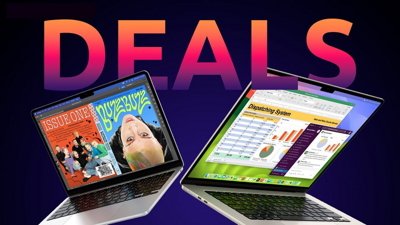
 Christine McKee
Christine McKee
 Andrew O'Hara
Andrew O'Hara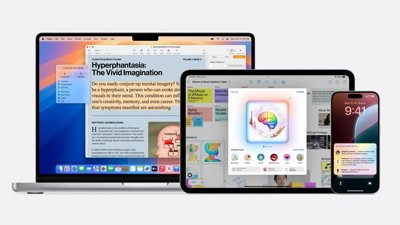
 Malcolm Owen
Malcolm Owen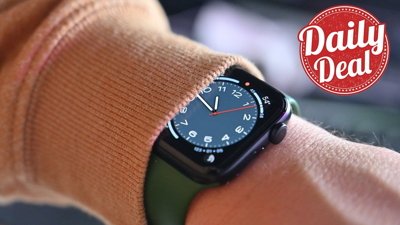
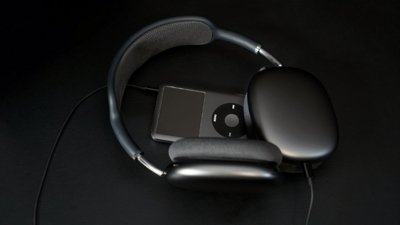
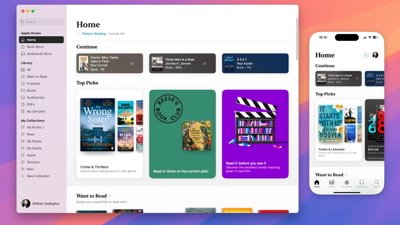
 William Gallagher
William Gallagher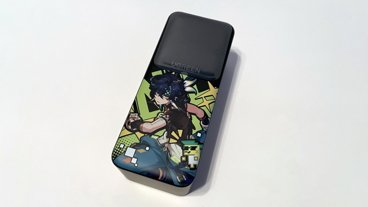







5 Comments
"redefine what customers want"?
Not sure whether this is high praise or a serious indictment on the nature of consumerism.
If 1 billion are known to be active I’m sure they’ve sold more than 2 billion.
With that said, if Apple can create a carrier they would gain more market share and fight back the carriers who sold knockoffs next to Apple products.
I know for a while Virgin mobile was iPhone exclusive. We need more focus on iPhone.
Customers define what they want. That’s why 1.4 Billion people in CCP China define what they want from Apple, isn’t it? And when they don’t want Cantonese on Apple products, it’s just not happening. Apple then defines 14 million Cantonese speakers not deserve to be served, is it true?
1) Apple getting into being a carrier makes zero sense for their business model. In the current political environment it could also invite even greater governmental scrutiny, though I do not have the credentials to credibly discuss that in great depth. The margins are also nothing like what they are used to. Cell carriers can and do get into price wars. One of the nice things about being Apple is that you rarely have to fight a price war with competitors.
2) iPhone sets the gold standard for smartphones, period. fAndroids obsessed with specs and who did it first will (predictably) whinge that Apple was late with the oversized phones, is still late with 120hz displays, the Galaxy has an objectively better camera, etc blah blah blah.
People don't colloquially talk about "iPhone and Galaxy" or "iOS and Android", they talk about "iPhone and Android'. I rest my case.